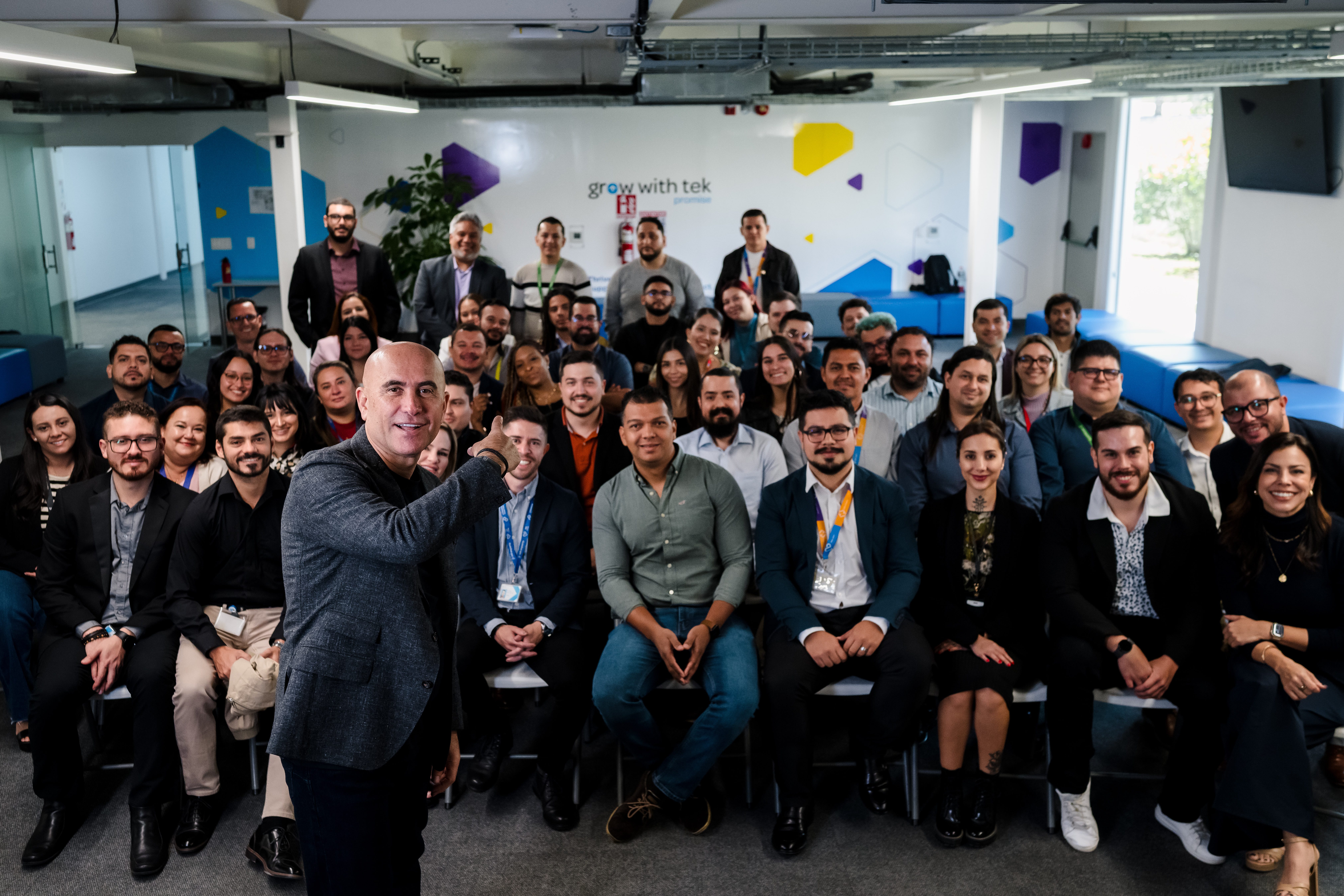As part of our participation in the AI Festival organized by Connecta B2B in Panama, we led a key session within our AI Mastery Series, where we explored one of the most essential, and frequently underestimated, drivers of successful AI implementation: a robust and strategic approach to data.
This session was designed for business leaders from diverse industries across Panama—from financial services to logistics, retail to telecommunications—who are exploring how AI can transform their operations, improve customer experiences, and unlock new revenue streams. Our message to them was clear: if AI is the engine, data is the fuel—and the quality of your journey depends on the quality of that fuel.
A Strategic Shift: From Technology Project to Business Asset
We challenged leaders to rethink how they view data: not as a by-product of operations, but as a strategic business asset. A successful data strategy is not just about collecting information—it’s about making that data usable, trustworthy, and aligned with business outcomes. During the session, we walked through the AI-First Enterprise Framework, where data acts as a foundational enabler, alongside security, governance, and scalable cloud infrastructure.
We outlined four pillars that should form the bedrock of any data strategy aiming to support AI initiatives:
- Data Collection – Capture what truly matters. Not all data is valuable, and noise can be more harmful than silence.
- Data Quality – Ensure accuracy, consistency, and relevance. AI models trained on poor data produce poor decisions.
- Data Architecture – Build scalable and secure systems that support both experimentation and enterprise deployment.
- Data Governance – Set clear rules around access, ethics, compliance, and ownership from day one.
These elements resonate with executives across sectors—whether they’re launching AI pilots in logistics, automating processes in manufacturing, or applying predictive analytics in retail.
Several participants raised pressing questions around data privacy, legacy systems, and internal barriers to execution. These challenges are common across industries and include:
- Data silos that hinder visibility and coordination
- Weak alignment between data initiatives and KPIs
- Limited internal data literacy across business functions
- Regulatory and ethical blind spots
Our guidance: Start with what’s measurable. Identify the most critical data assets, connect them to operational or customer outcomes, and build cross-functional teams that understand both the technical and business context.
For business leaders, one of the most actionable takeaways was the need to champion a data culture from the top. While tools and technologies play a role, lasting transformation comes when organizations prioritize transparency, accountability, and shared understanding of how data drives decisions.
We encouraged executives to lead with purpose—equipping teams with both the tools and the narrative that shows why responsible data use is good for business, customers, and society.
Final Takeaway: Scale with Purpose, Lead with Data
To the business leaders we met in Panama: your AI journey doesn’t start with a model—it starts with a question. And the answer lives in your data. Whether you’re aiming for automation, personalization, or competitive intelligence, your ability to scale AI will depend on how seriously you treat your data strategy.
This is just the beginning. Through our AI Mastery Series, we’ll continue to partner with visionary leaders across Latin America to unlock AI’s full potential—securely, ethically, and strategically.








